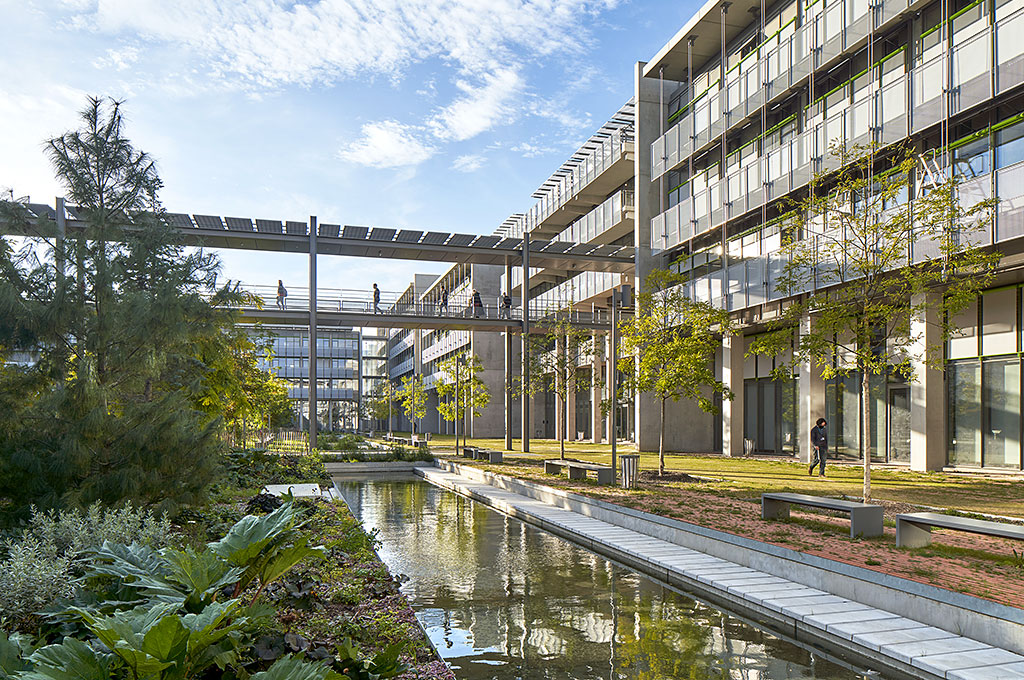The IPCC is moving to ENS Paris-Saclay!

This five-strong team, headed by Frenchman Robert Vautard, is tasked with providing scientific, technical, operational and communications support to the scientists who assess the scientific understanding of the physics of climate change. It will be offering internships and projects to our students.
The IPCC
The mission of the Intergovernmental Panel on Climate Change (IPCC) is to provide policy-makers with rigorous, transparent and objective scientific assessments of climate change, its implications and potential future risks, as well as to propose adaptation and mitigation options.
It is organised into three working groups
- Working group 1 studies the physical aspects of climate change;
- Working group 2 studies the consequences, vulnerability and adaptation, for both socio-economic and natural systems;
- Working group 3 studies the mitigation of climate change.
Each of these groups is assisted by a technical support unit, which is responsible for facilitating and implementing the assessment process undertaken by the author teams. These units are based in one of the 195 IPCC member countries, depending on the nationality of the co-chair or co-chairs of the working group.
Robert Vautard
Working Group 1 has been co-chaired since July 2023 by French meteorologist and climatologist Robert Vautard*.
A research director at the CNRS, Robert Vautard headed the Institut Pierre-Simon Laplace (IPSL; CEA, CNRS, École des ponts ParisTech, École polytechnique, IRD, Sorbonne University, Université Paris-Saclay, UVSQ), which brings together laboratories in the Paris region working on climate science, from 2019 to 2023.
It was already involved in the previous IPCC exercise as coordinator of the chapter on hazards associated with regional climate change (IPCC 6th report).
University of Paris-Saclay Sustainable Development Charter
The University of Paris-Saclay is hosting this unit at ENS Paris-Saclay. Hosting the IPCC team is in line with the strategy of the University and ENS Paris-Saclay, which is committed, through its sustainable development charter, to fostering links between science and society. This is reflected in particular in its support for the production of knowledge on environmental change, the risks associated with it and the means (technical and natural) of transforming it to achieve sustainability.
